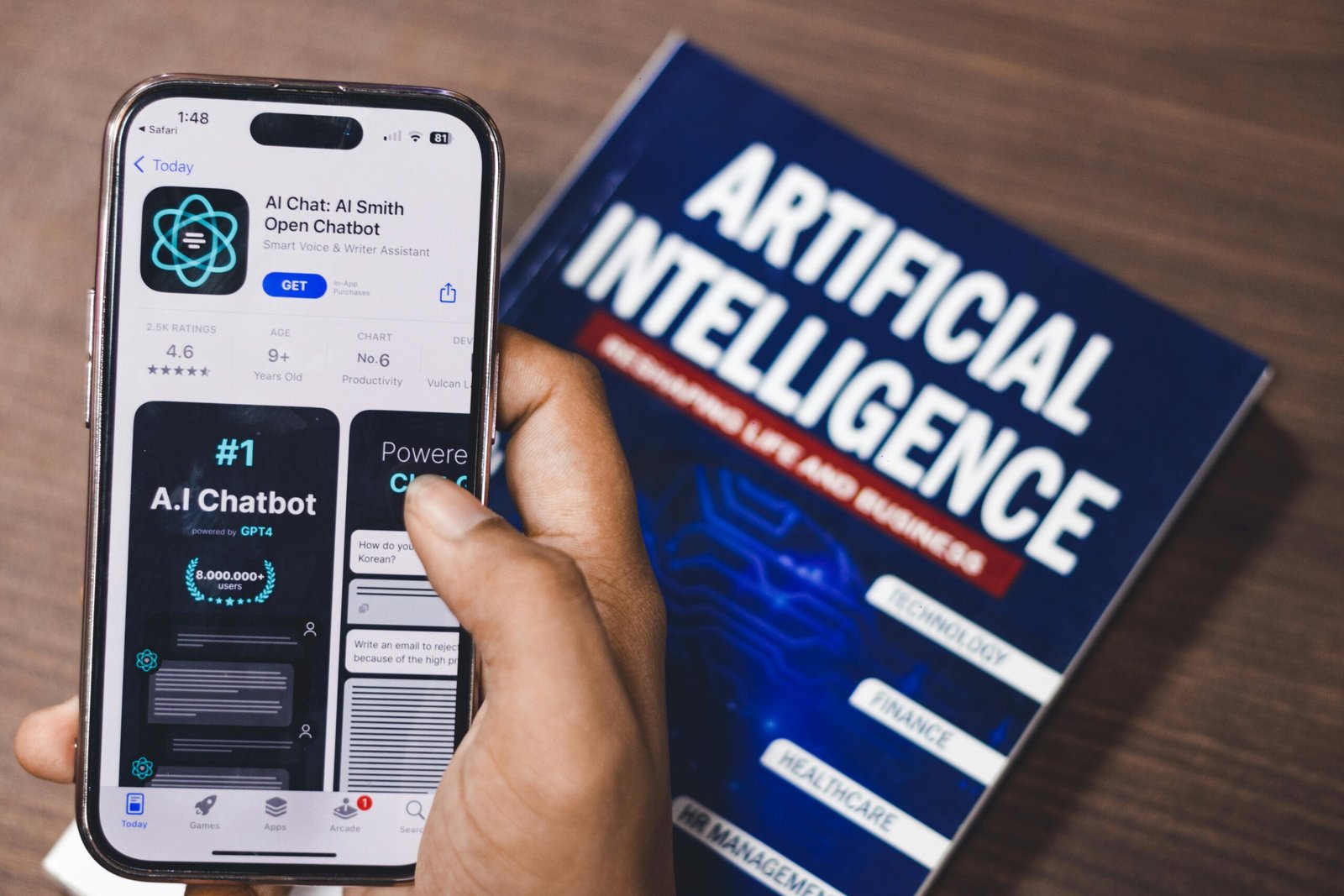The Future of Artificial Intelligence: Trends and Predictions
Artificial Intelligence (AI) has rapidly evolved over the years, transforming various industries and revolutionizing the way we live and work. As we look towards the future, there are several key trends and predictions that are shaping the future of AI.
1. Continued Growth and Advancements
One of the most significant trends in the future of AI is the continued growth and advancements in the field. AI technology is becoming more sophisticated and capable, with the ability to perform complex tasks and make decisions with minimal human intervention. This growth is driven by advancements in machine learning, deep learning, and natural language processing, among other areas.
2. Increased Automation
Automation is another major trend that is expected to shape the future of AI. As AI technology becomes more advanced, it will increasingly automate repetitive and mundane tasks, freeing up human resources to focus on more complex and creative work. This automation has the potential to streamline processes, improve efficiency, and reduce costs across various industries.
3. Enhanced Personalization
AI is also expected to play a significant role in enhancing personalization. With the ability to analyze vast amounts of data, AI algorithms can provide personalized recommendations, tailored experiences, and customized solutions. From personalized marketing campaigns to personalized healthcare treatments, AI has the potential to revolutionize the way businesses and industries interact with their customers.
4. Ethical Considerations and Regulation
As AI technology continues to advance, there is a growing need for ethical considerations and regulation. The potential impact of AI on privacy, security, and job displacement raises important ethical questions that need to be addressed. Governments and organizations are recognizing the need for regulations and guidelines to ensure the responsible development and use of AI technology.
5. Collaboration between Humans and AI
Contrary to popular belief, AI is not expected to replace humans entirely. Instead, the future of AI is likely to involve collaboration between humans and AI systems. AI technology can augment human capabilities, assisting in decision-making, problem-solving, and data analysis. This collaboration has the potential to unlock new opportunities and drive innovation across various industries.
6. AI in Healthcare
The healthcare industry is one of the sectors that will be significantly impacted by AI in the future. AI has the potential to improve patient outcomes, enhance diagnostics, and enable more personalized treatment plans. From AI-powered medical imaging to virtual healthcare assistants, the integration of AI in healthcare has the potential to revolutionize the industry and improve the quality of care.
7. AI in Education
AI is also expected to play a crucial role in transforming the education sector. AI-powered tools and platforms can personalize learning experiences, provide real-time feedback, and assist in adaptive learning. These advancements have the potential to improve student engagement, enhance learning outcomes, and enable lifelong learning.
Conclusion
The future of artificial intelligence is bright and promising. With continued growth and advancements, increased automation, enhanced personalization, and collaboration between humans and AI, we can expect AI to reshape various industries and improve our daily lives. However, it is essential to address ethical considerations and establish regulations to ensure the responsible development and use of AI technology. As AI continues to evolve, it will undoubtedly bring about significant changes and opportunities for innovation.







